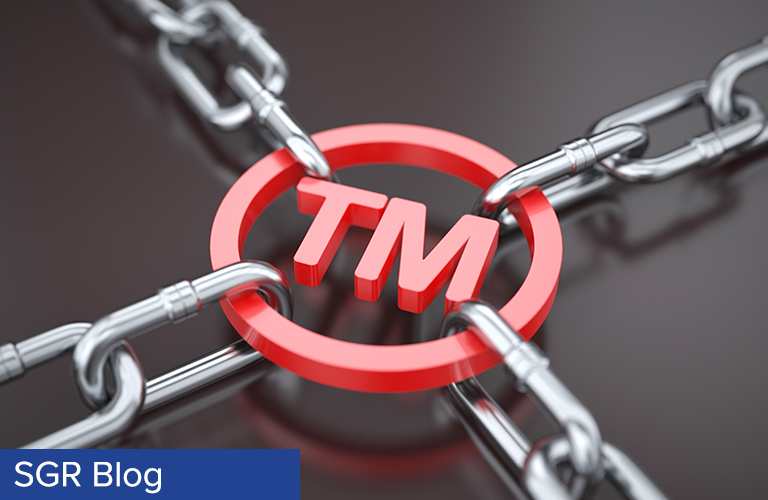
INTA Bulletin | September 15, 2021 | Vol. 76 Issue 36 Verifier: Scott D. Woldow – Smith, Gambrell & Russell, LLP | Trademark Office Practices Committee—USPTO Subcommittee Scot A. Duvall – Middleton Reutlinger | Trademark Office Practices Committee—USPTO Subcommittee To implement provisions of the Trademark Modernization Act of 2020, in May 2021, the U.S. Patent and Trademark Office (USPTO or Office) issued a Notice of Proposed Rulemaking (NPRM) proposing changes to the Trademark Rules of Practice (TMRP). The public comment period expired on July 19, 2021. Notable among the proposed changes are (in Section VI) a new procedure for attorney recognition… Read more










